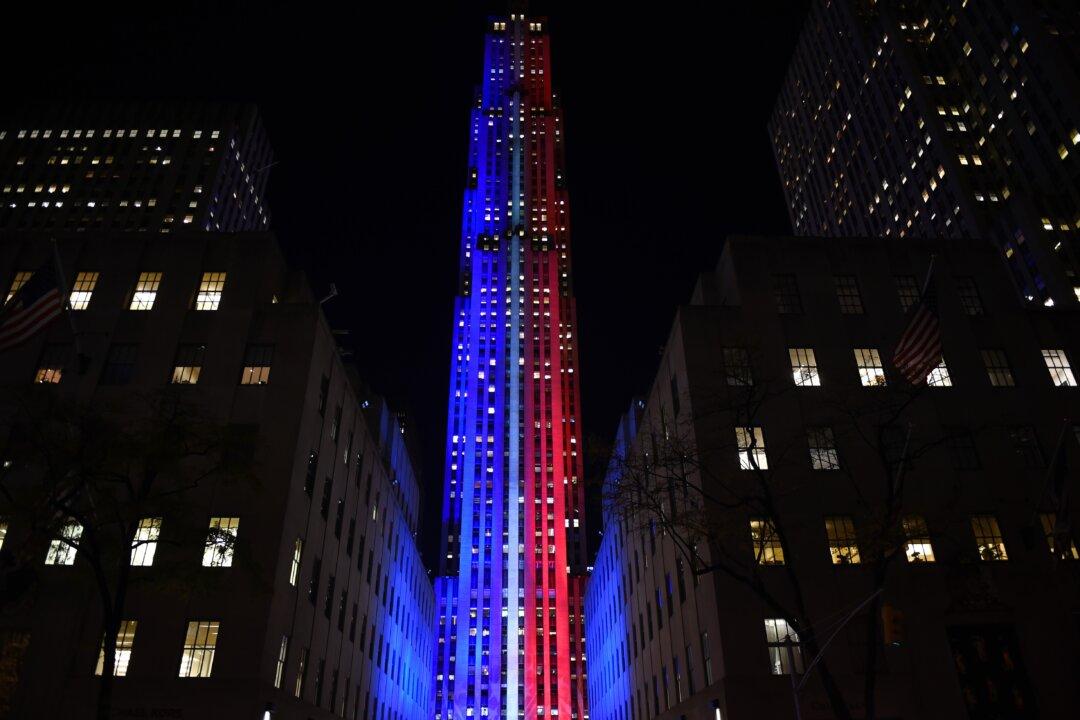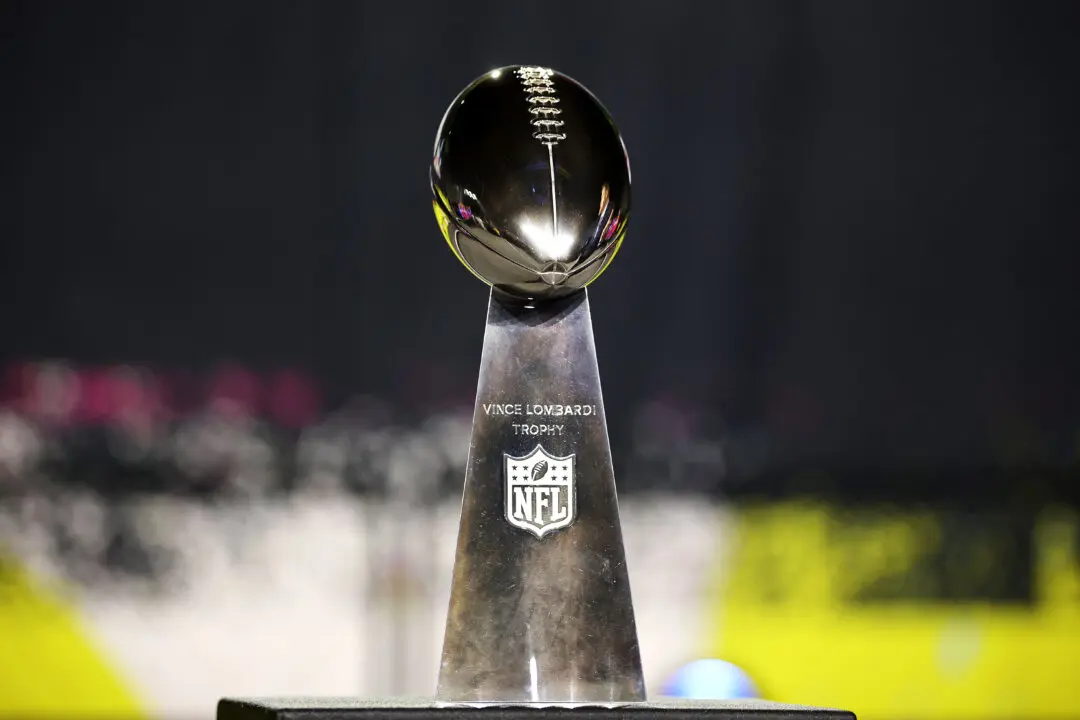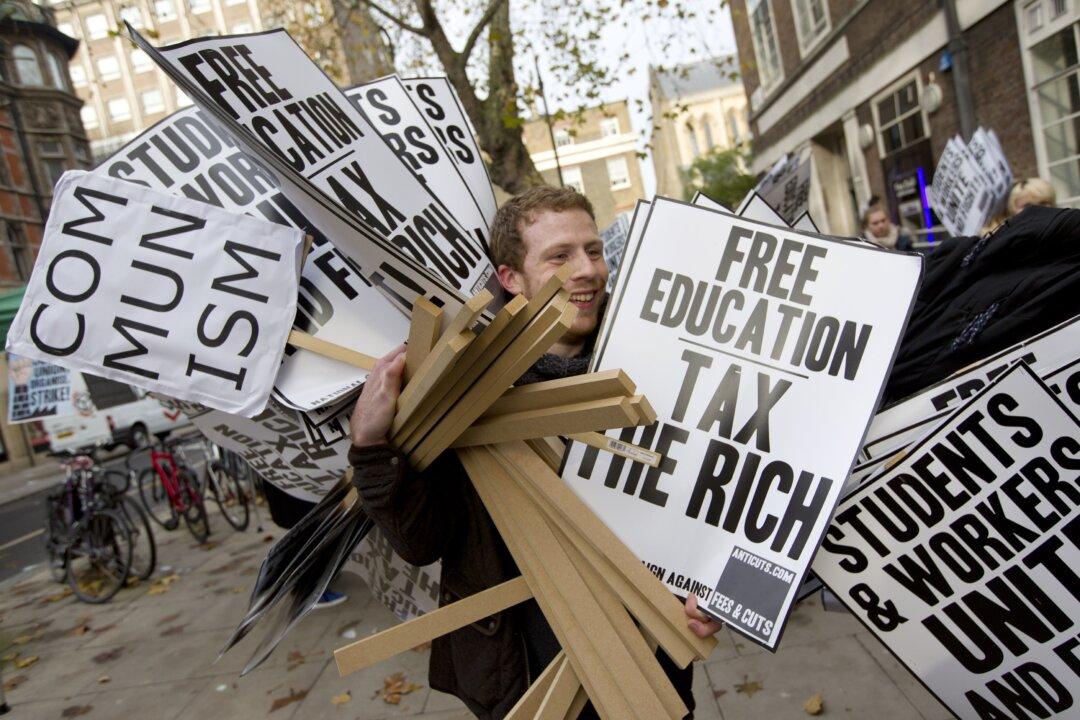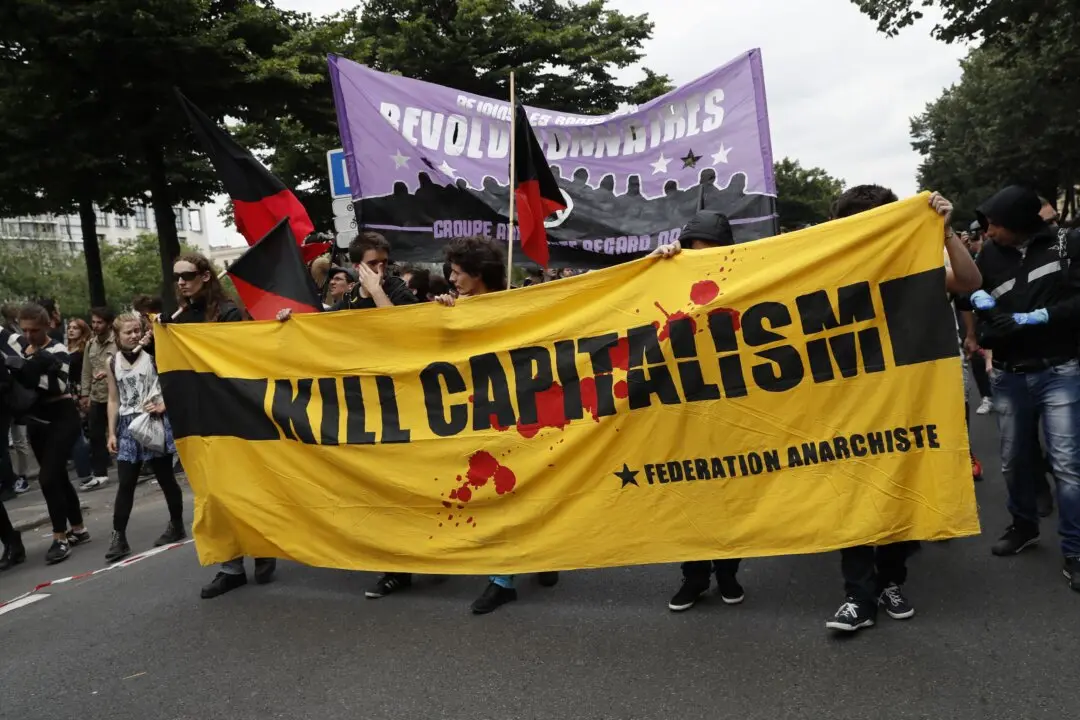Commentary
In recent years, families have fragmented and friendships have been fractured by clashing political ideologies and beliefs. What’s happening on the micro level is happening on the macro level, too: Secessionist sentiments are strengthening as American politics becomes ever-more polarized.





